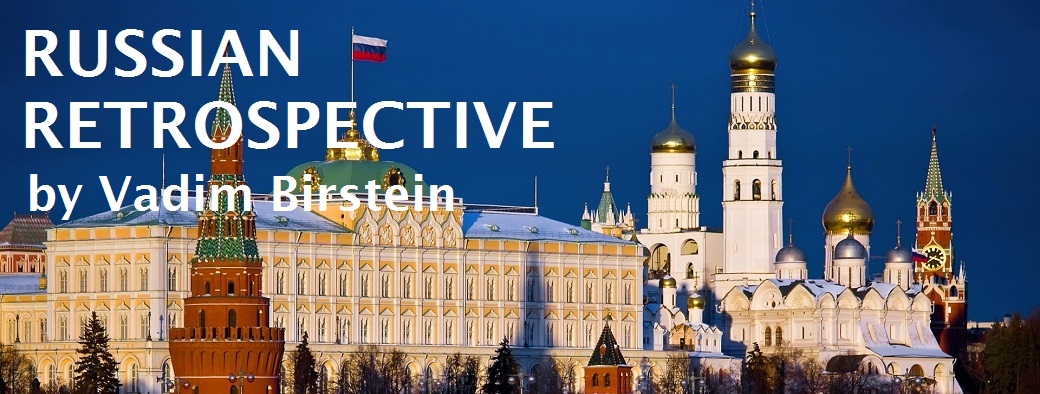Third Raoul Wallenberg International Roundtable
Stockholm, September 14–15, 2017
 On September 14–15, 2017, the 3rd Raoul Wallenberg International Roundtable took place in Stockholm, at the Swedish Army Museum. It was organized by The Raoul Wallenberg Research Initiative RWI-70 and sponsored by a huge number of organizations and individuals. Among the distinguished sponsors were Nina Lagergren, the sister of Raoul Wallenberg, and the Lagergren family, as well as Matilda von Dardel, the sister-in-law of Raoul Wallenberg, and the von Dardel family.
On September 14–15, 2017, the 3rd Raoul Wallenberg International Roundtable took place in Stockholm, at the Swedish Army Museum. It was organized by The Raoul Wallenberg Research Initiative RWI-70 and sponsored by a huge number of organizations and individuals. Among the distinguished sponsors were Nina Lagergren, the sister of Raoul Wallenberg, and the Lagergren family, as well as Matilda von Dardel, the sister-in-law of Raoul Wallenberg, and the von Dardel family.
The program of the Roundtable presentations was the following:
I. September 14. Raoul Wallenberg and Other Disappeared Swedes: The Long Search for Justice
Welcome 9:00–9:15
Panel 1, 9:15–10:45. Denial of Complexity Equals Denial of History
1. Susanne Berger
An Inquiry Steered from the top? The Official Handling of Sweden’s Cold War Disappearance Cases
2. Kerstin von Seth & Peter Johnsson
The Disappearance of the Sten Sture in 1947: The Use of Swedish Commercial Vessels in Swedish Cold War Espionage Operations
3. Christer Lokind, Roger Älmeberg, and Christer Magnusson
What Sweden New: The Swedish Military Authorities and the DC-3 Investigation
Panel 2, 10:45–12:30. Testing International Human Rights Law: The Rules of Access and Secrecy
1. Inga-Britt Ahlenius & Mats Deland
In the Age of Disinformation and “Post-Truth”: Sweden’s “Principle of Openness”—opportunities and Limitations
2. David Matas
A “Right to the Truth”? The Legal Aspects of the Raoul Wallenberg Case
3. Ivan Pavlov & Daria Sukhikh
Freedom of Information in Russian Constitutional Law
4. Angela Gui
The Mothers of Tiananmen Square: The Struggle for the “Right to Information” in China
Panel 3, 13:30–15:00. Enforcing the “Right to the Truth”
1. Irwin Cotler, Mats Johansson (in memoriam)
The Fight against Impunity: Why a Global Magnitsky Act Is Needed Now
2. Manuel Vergara Céspedes
The Power of Universal Jurisdiction
3. Percy Bratt & Esayas Isaak
The Utility of “Habeas Corpus” in the case of Dawit Isaak
4. Magnus Christiansson, Martin Schibbye, and Anders Lidén
The Benefits and Risks of Silent Diplomacy
Press Conference, 15:00–16:00
II. September 15. Gaps in the Raoul Wallenberg Case Record
Russia, 9:00–11:00. The Decisive Years 1945-1957
1. Peter Ruggenthaler
Stalin’s Attitude towards Sweden and the Raoul Wallenberg Case 1944–1953
2. Matthias Uhl
The Archives of the Russian Ministry of Defense: What Researchers Can Learn from the Recent Discovery of Heinrich Himmler’s Calendars
3. Vadim Birstein
What Analysis of New Archival Materials Can Provide for the Wallenberg Case
Germany, 11:15–12:15. Germany’s “Freedom of Information Law”, Nazi War Crimes and the “Right to the Truth”
1. Irmtrud Wojak
“A Duty of Disobey”: The Unsolved death of German Prosecutor Fritz Bauer
2. Gabriele Weber (video)
The German Legal Implications of the Search for Documentation about Nazi War Criminals in German Archives
Sweden. Roundtable Discussion: Gaps in the Swedish Case Record
Panel 1, 13:30–14:30. The Business an Intelligence Aspects of Raoul Wallenberg’s Humanitarian Mission
1. Georg Sessler
Raoul Wallenberg’s and Kálmán Lauer’s Private Code of Communication in Budapest
2. Susanne Berger
Raoul Wallenberg and Mellaneuropeiska: Economic Agents during WWII
3. Göran Rydeberg & Gellert Kovacs
Swedish Intelligence Operations in Hungary in 1943-1945: The Intelligence Contacts of Raoul Wallenberg and Per Anger
Panel 2, 14:45–16:00. “No Passion for the Truth?” How to Fill the Swedish Gaps in the Raoul Wallenberg Case Record
1. Arne Ruth
The Historic Role of the Swedish Foreign Ministry in Sweden
2. Behgt Jangfeldt (video)
Colleagues and Antagonists? Carl Ivar Danielsson and Raoul Wallenberg
3. Ingrid Carlberg, Hans Magnusson, Henrik Arnstad, et al. (discussion panel)
a. The Strange Silence of Swedish Foreign Minister Christian Günther
b. Staffan Söderblom’s Attitude towards Raoul Wallenberg
c. Untapped Resources in Swedish, Russian, and Other International Archives
Each presenter was introduced by the moderator Susanne Berger. She also asked questions, made comments and provided short reviews of presentations.
